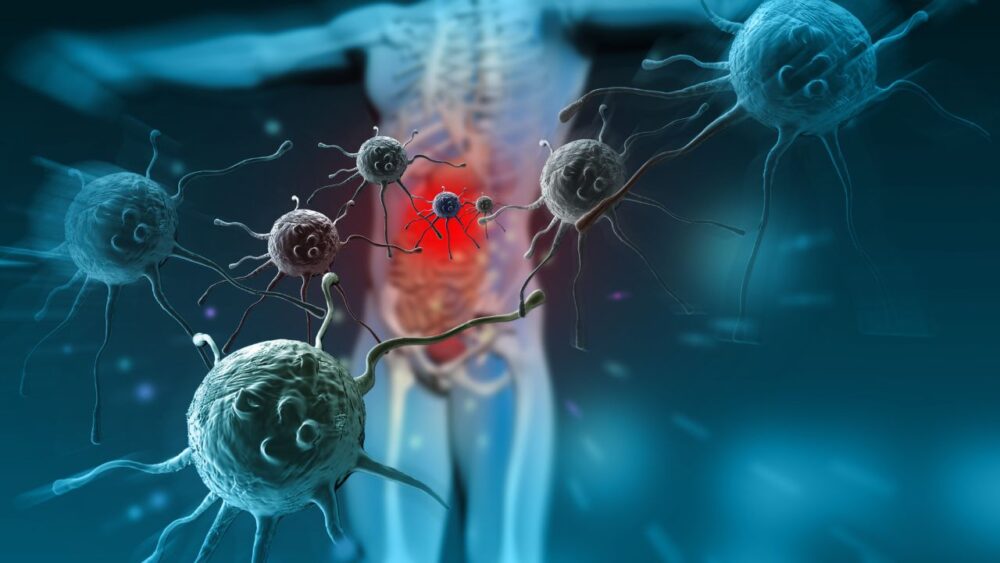Scientists are developing revolutionary treatments for autoimmune diseases by reprogramming faulty immune systems rather than just suppressing them. These experimental therapies promise more precise and potent alternatives to current medications.
The breakthroughs could transform treatment for millions suffering from rheumatoid arthritis, multiple sclerosis, lupus, and other conditions where the body attacks itself. Current therapies require lifelong medication with serious side effects and often fail to control symptoms adequately.
“We’re entering a new era,” said Dr. Maximilian Konig, a rheumatologist at Johns Hopkins University studying the treatments. They offer “the chance to control disease in a way we’ve never seen before.”
Leading the charge is CAR-T therapy, originally developed for blood cancers. The treatment removes patients’ T cells, reprograms them to destroy problematic B cells, then infuses millions of copies back after chemotherapy.
Mileydy Gonzalez, 35, struggled with worsening lupus for over a decade. Her disease attacked her lungs and kidneys, leaving her unable to walk without assistance or pick up her 3-year-old son.
“What the heck is wrong with my body?” she remembered crying before entering a CAR-T trial at NYU Langone Health last July.
Months later, Gonzalez has regained her strength completely. “I can actually run, I can chase my kid,” she said, now pain- and medication-free.
The therapy’s potential emerged when Dr. Georg Schett at Germany’s University of Erlangen-Nuremberg treated a severely ill lupus patient in 2021. She remains in complete remission without medication over three years later.
Schett has since treated dozens more patients with various autoimmune diseases. His results, presented to the American College of Rheumatology, showed few relapses across conditions, including myositis and scleroderma.
Hopkins’ Konig called those early results “shocking.” The success sparked numerous U.S. and international trials testing CAR-T for expanding autoimmune applications.
The therapy appears to work by depleting both problematic and healthy B cells to a deep extent. Experts theorize that this reboots the immune system, allowing new, properly functioning B cells to develop.
However, CAR-T remains grueling, time-consuming, and expensive. Cancer treatments can cost $500,000, though companies are developing cheaper off-the-shelf versions using donor cells.
Alternative approaches are emerging rapidly. Some biotechs engineer regulatory T cells—”peacekeeper” cells that calm autoimmune reactions rather than attacking like CAR-T does.
Scientists are also repurposing T cell engager drugs from cancer treatment. These antibodies redirect existing T cells to target antibody-producing B cells, eliminating the need for custom engineering.
Dr. Ricardo Grieshaber-Bouyer at Erlangen reported treating 10 patients with teclistamab, one such drug. All but one improved significantly, with six achieving drug-free remission.
Hopkins’ Konig aims for even greater precision, targeting “only that very small population of rogue cells that really causes the damage.” His team is engineering T cell engagers that would spare healthy B cells while destroying harmful ones.
Nearby, biomedical engineer Jordan Green develops self-reprogramming immune systems using mRNA technology. His approach packages genetic instructions in biodegradable nanoparticles that could be injected like conventional drugs.
The mRNA would instruct immune cells to multiply healthy regulatory T cells. Green hopes they’d “divide, divide, divide and make a whole army of healthy cells that then help treat the disease.”
Looking further ahead, researchers hope to predict and prevent autoimmune diseases entirely. Type 1 diabetes already has an approved drug, teplizumab, that delays symptom onset in at-risk individuals.
Dr. Kevin Deane at the University of Colorado Anschutz studies rheumatoid arthritis prevention. About 30% of people with specific antibodies eventually develop RA, making early intervention possible.
Despite tremendous research ahead and no guarantees, optimism runs high. Allie Rubin, 60, battled lupus for three decades before receiving CAR-T for lymphoma two years ago.
“I just remember I woke up one day and thought, ‘Oh my god, I don’t feel sick anymore,'” she said. Both her cancer and lupus remain in remission.
“We’ve never been closer to getting to — and we don’t like to say it — a potential cure,” said Konig. “I think the next 10 years will dramatically change our field forever.”


